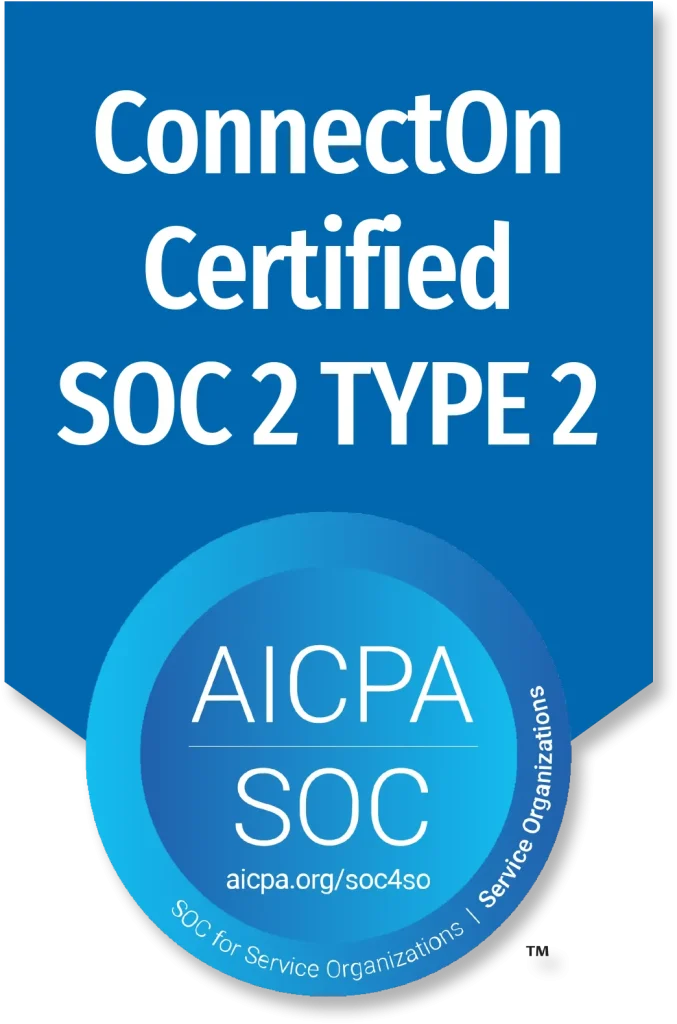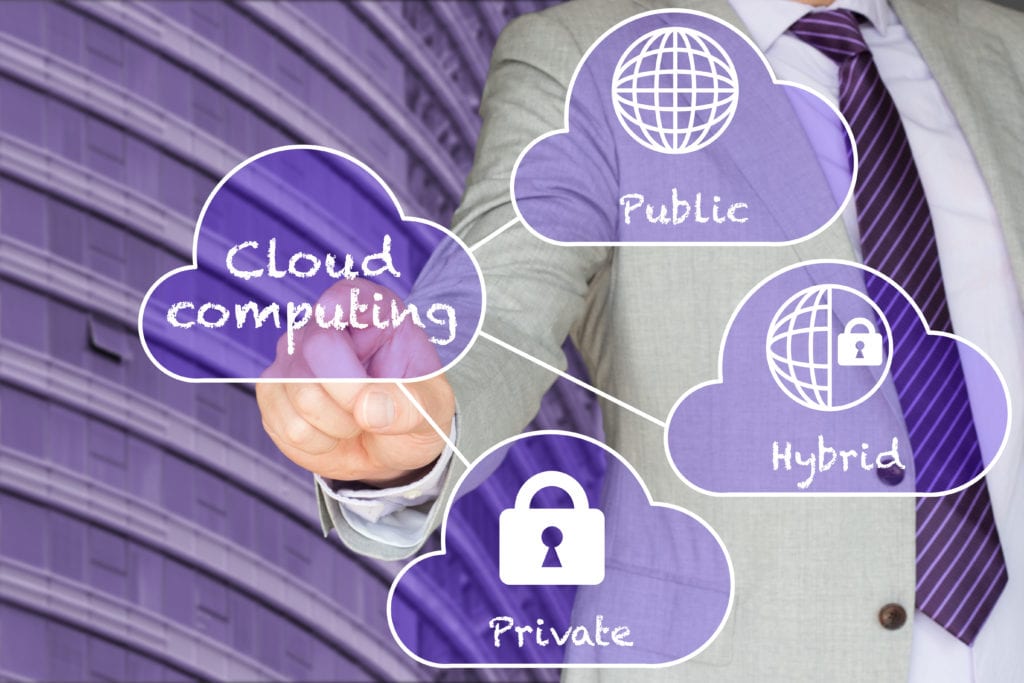What is the Difference Between Private Cloud and Public Cloud?
If you have considered cloud computing, you are likely mindful of the public vs. private cloud debate. There are several well-known public cloud options available to consumers and business alike including Amazon S3, Google Cloud, and Microsoft Azure. These offer several benefits when it comes to individual users, basic storage, function, and security. However, there are limitations when your business has cost limitations, customization, and more sophisticated security concerns. These items, among others, should be carefully considered when determining the most suitable type of cloud service.
- Cost – When choosing a public cloud solution, you will experience cost savings associated with less on site hardware, lower power consumption, and no internal maintenance. Public cloud services, however, do cost money whether it’s a monthly fee or contract based on time used or data size/bandwidth. Additional costs may come in the form of lost productivity depending on the type of workflows you incorporate and the data dependence of various systems, departments, and users. For example, users may use offline systems for security purposes, they may have a lower bandwidth connection which will hinder their work as they wait for downloads, and departments may transfer large files like CAD drawings or high quality PDFs. A private cloud may not stand up to the test for items like this, but it allows an IT department to employ their own hardware, in turn creating a direct connection to services and data. The hardware may not necessarily be on-site, but there will be a dedicated connection offering faster speeds and less wait time, ultimately improving productivity.
- Customization – When using a public cloud service you will typically run into limited industry standard and workflow options. The public cloud you employ will be uniform across your business with limited customization capabilities. This is problematic when departments have differing requirements or concerns.A private cloud, on the other hand, allows your IT department to uniquely customize across departments, data types, and users. You can establish required standards like HIPAA or ISO when assessing the data types stored in your private cloud. A private cloud can be scaled on demand to allow for growth or dependencies, as needed, in your various departments. Additionally, you have ultimate control over your cloud by limiting users, optimizing speed, and establishing firewall rules and logging.
- Security – Security is at the forefront of IT concerns. This includes data, users, software, and hardware security. A public cloud service generally offers a less secure environment with limited options that may not stand up to the test of today’s IT standards including your customers’ expectations. A private cloud gives you complete control over your data, services, and security. Private cloud solutions can be managed by your business and IT department. You have full control over the data and services offered. Your internal firewall rules can be updated to limit users, connections, and ports to establish very tight access control. The hardware used should be stored in a secure room or facility, not necessarily on-site. In addition, using a private cloud can provide peace of mind for upper management since you are in control and not subject to an external provider’s policies and procedures.
There is mass agreement that cloud computing provides hefty benefits from flexibility, to quick expansion, and scalability. But, what is the right choice for your business? A full assessment of your business and IT requirements should be established prior to making a decision. Keep in mind that a private cloud solution may only be needed for a portion of your business. Fortunately, private and public cloud options can and should be used simultaneously when necessary. These hybrid solutions may be most beneficial in a business where your growth may be unpredictable and your public cloud requirements may not be suitable at a specific time. With that being said, a private cloud should be, at the very least, an option when considering moving or expanding into cloud computing.
ConnectOn can help you decide whether a private cloud solution is right for your business. Contact us for more information!



